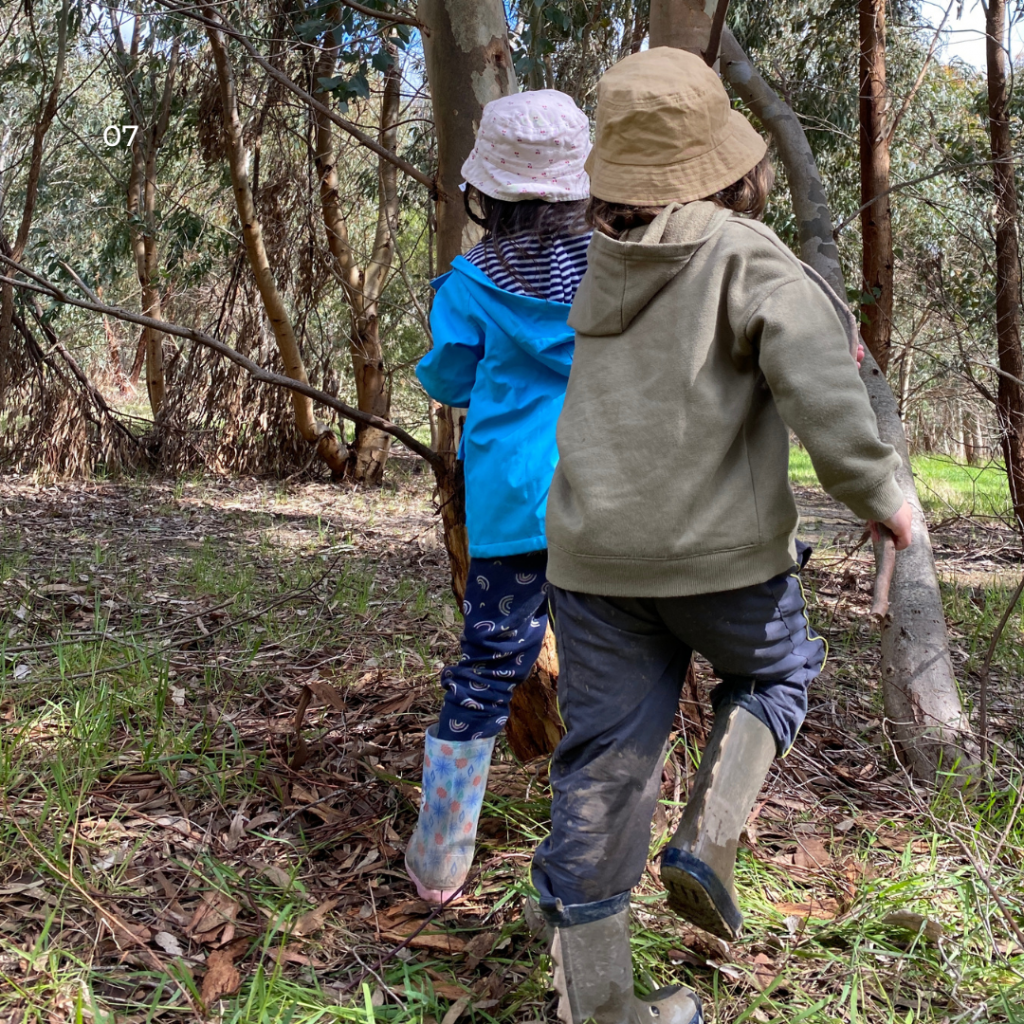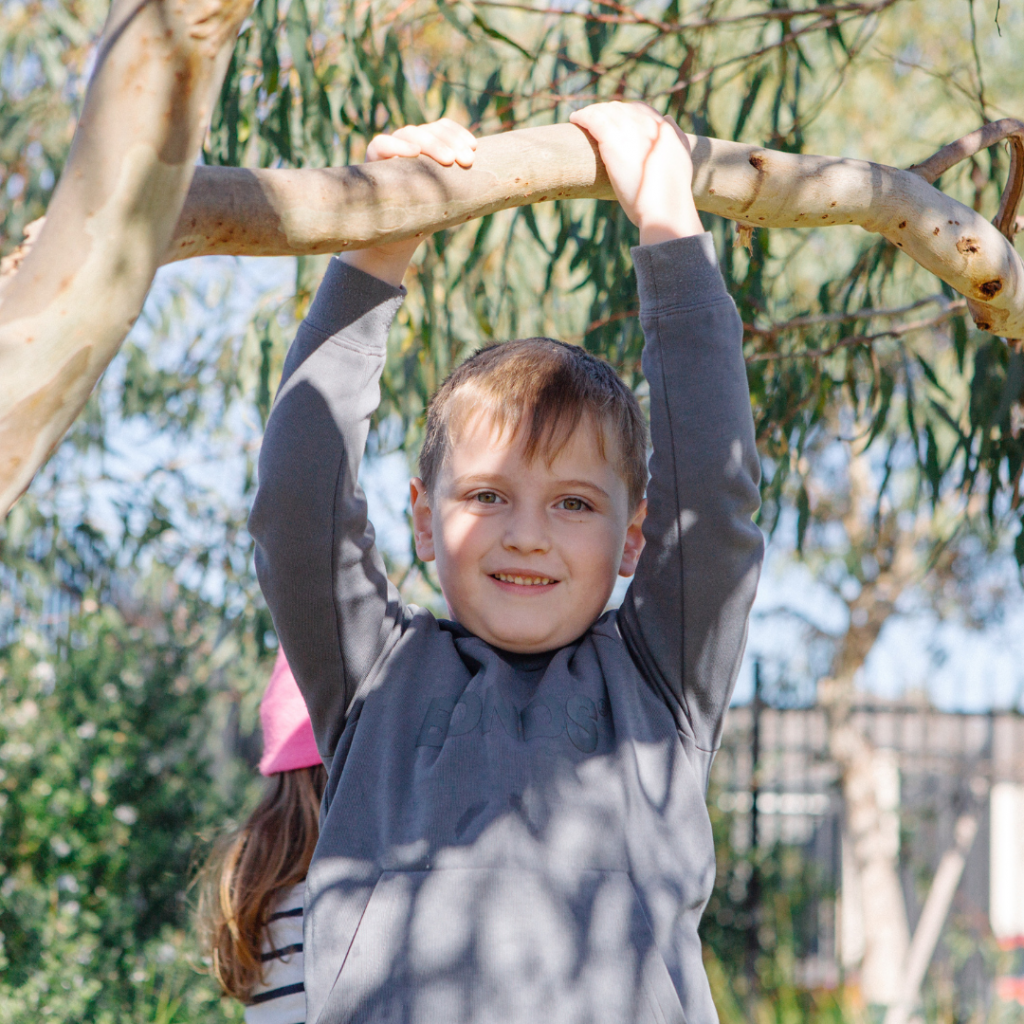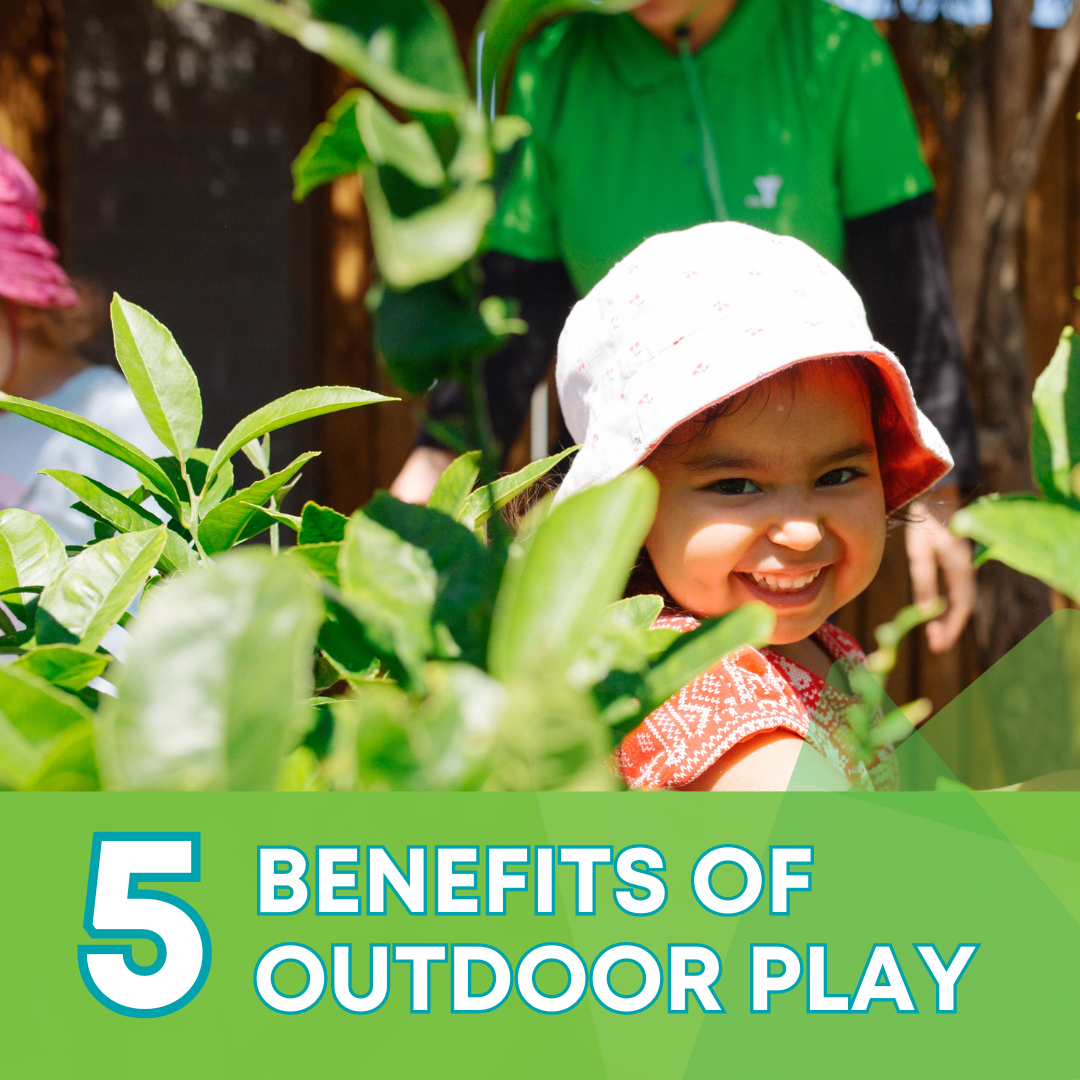“Children still need a childhood with dirt, mud, puddles, trees, sticks and tadpoles.”
Brook Hampton
In an age where screens dominate much of our children’s leisure time, the call of the great outdoors is more important than ever.
Outdoor play isn’t just about burning off excess energy; it’s about nurturing holistic development, fostering social skills, and instilling a lifelong appreciation for nature.
Let’s dive into all the ways outdoor play offers to the health, development, and overall well-being of our children.
Main benefits of outdoor play for children
Health and Physical Development in outdoor play environments
Outdoor spaces provide ample room for children to run, jump, climb, and explore freely. This unstructured play is essential for promoting physical activity, which is crucial for combating sedentary lifestyles and obesity in children.
By engaging in outdoor play, children develop stronger muscles, better coordination, and enhanced cardiovascular health, laying the foundation for a lifetime of fitness.
Social skills development created by outdoor play
Outdoor environments serve as natural settings for social interaction and collaboration. Whether it’s building sandcastles in the park or playing tag with friends, outdoor play encourages children to communicate, negotiate, and problem-solve together.
These experiences teach invaluable lessons in sharing, taking turns, and resolving conflicts peacefully, fostering the development of empathy and cooperation.
Independence and exploration during outdoor play
The boundless expanse of outdoor spaces stimulates children’s curiosity and sense of adventure. When left to explore independently, children learn to navigate their surroundings, make decisions, and assess risks autonomously.
This sense of agency fosters confidence and resilience, empowering children to tackle challenges and embrace new experiences with enthusiasm.

Mood and appreciation for outdoor nature environments
Spending time in nature has a profound impact on children’s emotional well-being and mental health. The sights, sounds, and smells of the outdoors stimulate the senses and evoke a sense of wonder and awe.
Research suggests that exposure to natural environments reduces stress, anxiety, and symptoms of attention deficit disorders, while promoting feelings of happiness and relaxation.
By immersing themselves in nature, children develop a deep-seated appreciation for the beauty and diversity of the natural world, fostering a lifelong responsibility for our planet and its resources.
Improving sensory skills and learning through outdoor play
Outdoor play provides a sensory-rich environment that stimulates cognitive development and enhances learning. From feeling the texture of tree bark to listening to the chirping of birds, children engage their senses in meaningful ways, laying the groundwork for language development, spatial awareness, and problem-solving skills.
For infants and preschool-aged children, outdoor play is particularly beneficial, as it allows them to explore and make sense of the world through tactile experiences and sensory exploration.
Outdoor play is not just a recreational activity; it’s a fundamental aspect of childhood that promotes holistic development and lays the groundwork for a healthy, happy, and fulfilling life.
By embracing the great outdoors, we can empower our children to become resilient, empathetic, and environmentally conscious individuals who cherish the natural world and all its wonders. So, let’s step outside, breathe in the fresh air, and let the adventure begin!

Interested in similar content? Check out our related article:
Find out more about Outdoor play for different ages on the following link:


